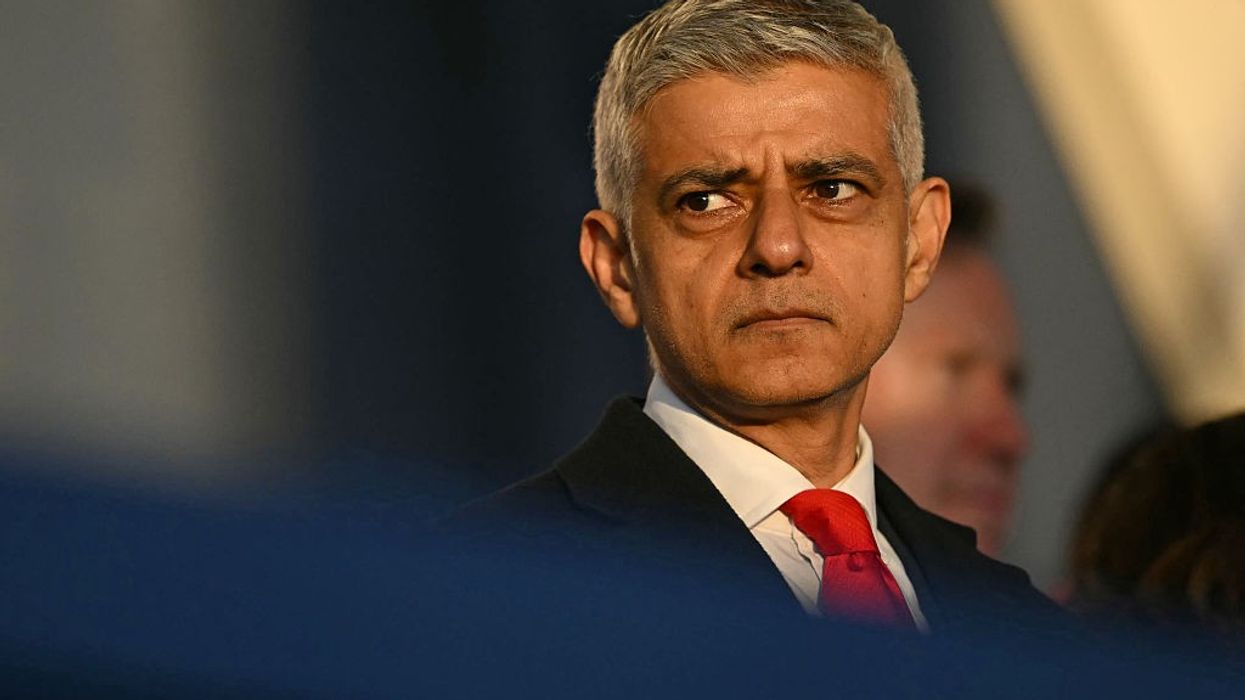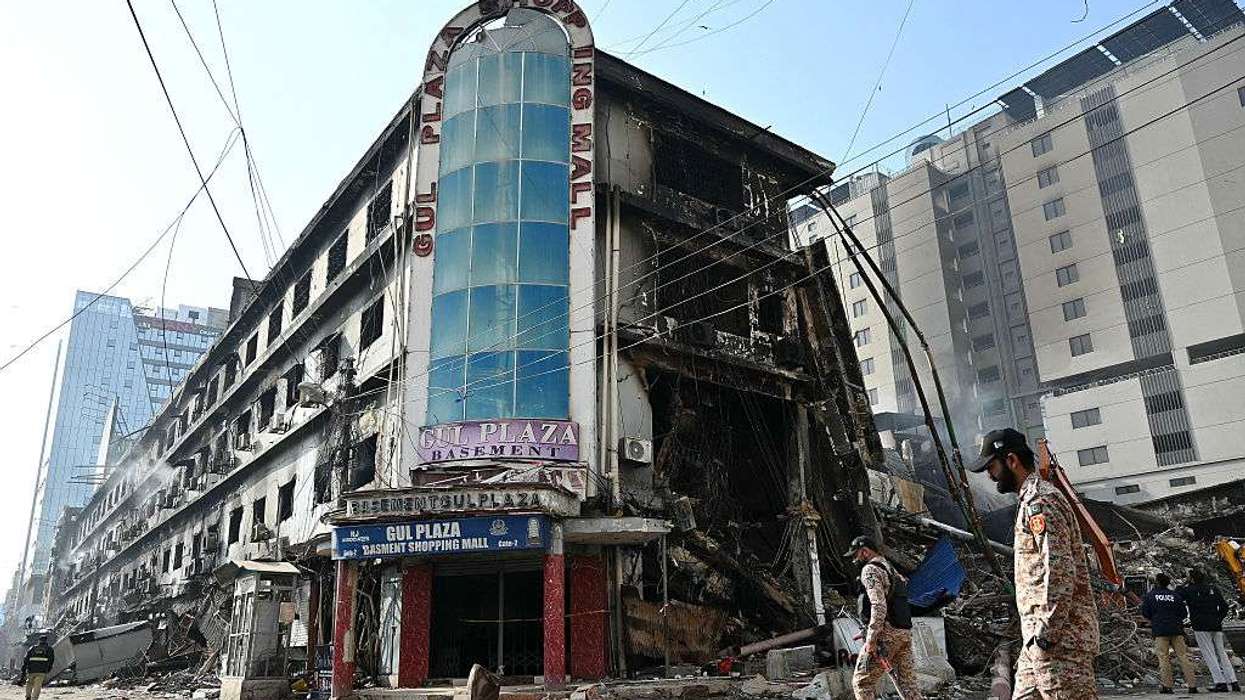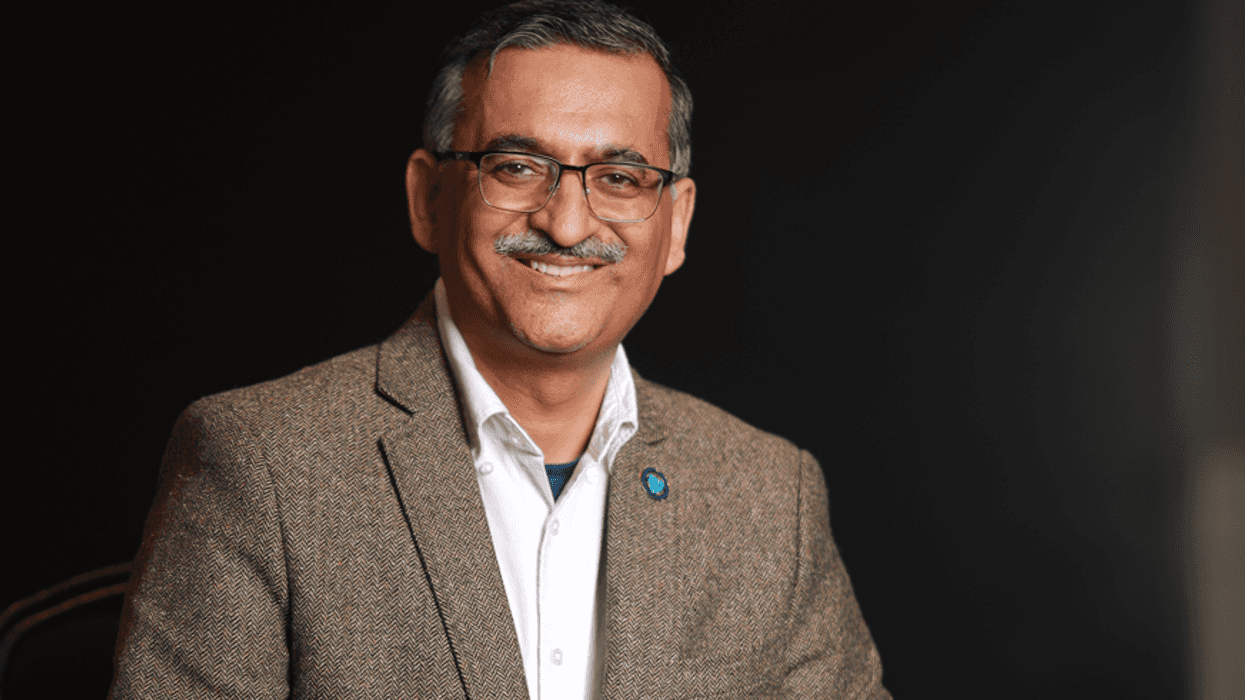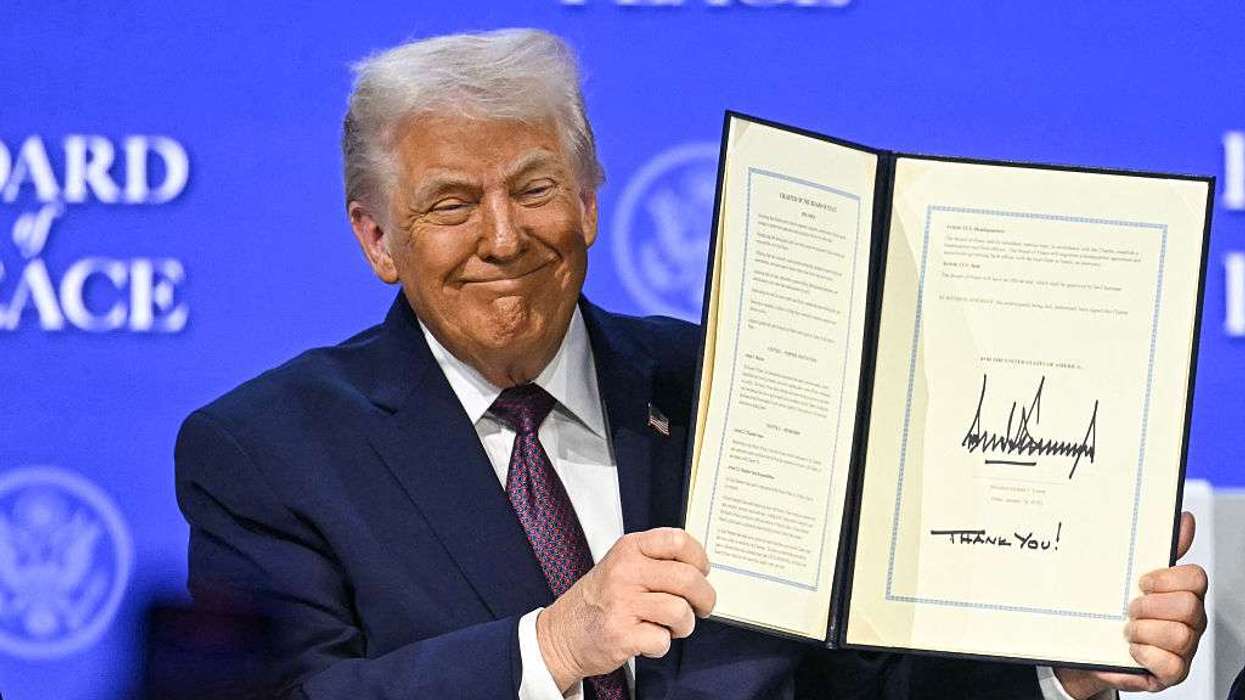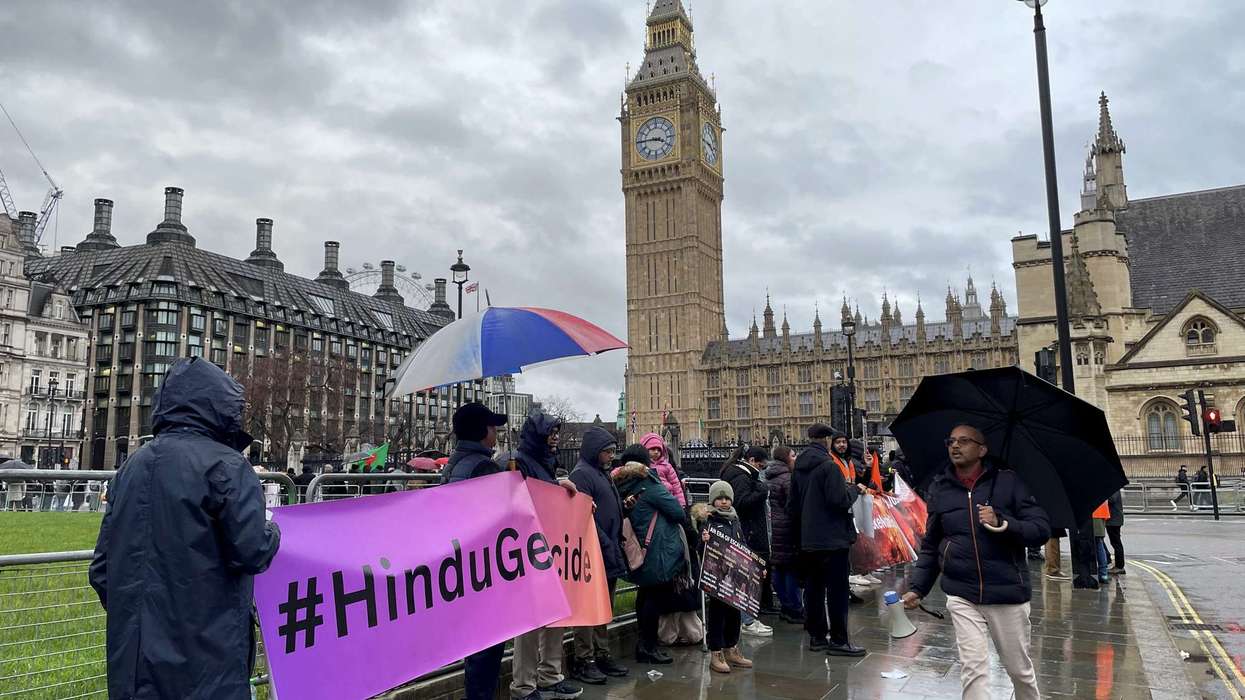LONDON mayor Sadiq Khan has endorsed calls for the partial decriminalisation of cannabis possession, citing evidence that current laws cause more harm to society than the drug's usage while disproportionately affecting black communities.
The recommendation comes from the independent London Drugs Commission, chaired by former Labour cabinet minister Lord Falconer, which published a comprehensive report on Wednesday (28) examining cannabis policing worldwide.
"I've long been clear that we need fresh thinking on how to reduce the substantial harms associated with drug-related crime in our communities," Khan was quoted as saying, describing the report as providing "a compelling, evidence-based case" for reform.
The commission recommended removing natural cannabis from the Misuse of Drugs Act, where it currently sits as a Class B substance alongside drugs like ketamine, and instead maintaining it under the Psychoactive Substances Act. This would effectively decriminalise possession of small amounts for personal use while keeping production and distribution illegal.
Lord Falconer said that "continuing to have possession as a crime meant continuing have problems between the police and ethnic communities."
The report found that cannabis policing "continues to focus on particular ethnic communities," with stop-and-search powers most commonly initiated based on "the smell of cannabis" and used disproportionately against young black men.
"The law treats cannabis the same as a whole range of much more serious drugs," Falconer argued. "The right course now, we think, is keep dealing criminal but make sure that possession is not a crime."
However, the proposal has met fierce resistance from government and opposition politicians. Deputy prime minister Angela Rayner stated categorically that the recommendations were "not the government position and we are not going to be changing our policy."
A Home Office spokesperson reinforced this stance, saying: "We have no intention of reclassifying cannabis from a Class B substance under the Misuse of Drugs Act. We will continue to work with partners across health, policing and wider public services to drive down drug use."
Shadow home secretary Chris Philp launched a scathing attack on the proposal, warning: "Cannabis is associated with anti-social behaviour and heavy use can lead to serious psychosis and severe mental health problems. US and Canadian cities which tried this approach have ended up as crime-ridden ghettos with stupefied addicts on the streets and law-abiding citizens frightened to go there."
David Raynes from the National Prevention of Drugs Alliance argued that reducing legal consequences would wrongly signal that "cannabis was less harmful."
Metropolitan Police Commissioner Sir Mark Rowley maintained neutrality, saying that drug laws were "a matter for parliament" while noting that "drugs being at the centre of a lot of crime" with "drug dealing so linked to violence."
The commission's report, compiled with evidence from over 200 international experts, found that current sentencing for cannabis possession "cannot be justified when balanced against the longer-term impacts" of criminal justice involvement. It noted that while cannabis can be addictive, those suffering adverse effects "need reliable, consistent medical and other support."
The report made 42 recommendations, including improved addiction services, better education programmes, and fair access to medical cannabis.
